Home » Conservation
Conservation

Why is it important?
Conservation of nature is the sustainable management of Earth’s ecosystems and resources to preserve biodiversity. It safeguards against habitat destruction and mitigates human impact, promoting a balanced coexistence for the well-being of present and future generations. Embracing conservation is crucial for maintaining a harmonious relationship between humans and the environment.
Why to get involved?
Conservation is a collective endeavor, and even the best systems cannot succeed without active participation. The interconnectedness of everything means that no place is immune to our shared environmental impact. The imperative for change begins with each of us. Joining conservation efforts is accessible and impactful. Discover various ways to get involved and make a positive contribution.
What can I do?
Numerous organizations provide opportunities for public participation in their projects. Explore the area that resonates with you and seek out a project that aligns with your interests. Whether for a day, a week, or an extended period, find a commitment that suits your schedule. You’ll be amazed at the abundance of projects awaiting your involvement.
What we shouldn't do
Habitat destruction
Habitat destruction leads to the loss of biodiversity, which is the most serious environmental challenge. When there’s no suitable habitat, survival becomes increasingly challenging, leading to the disruption of ecosystems and endangerment of countless species.
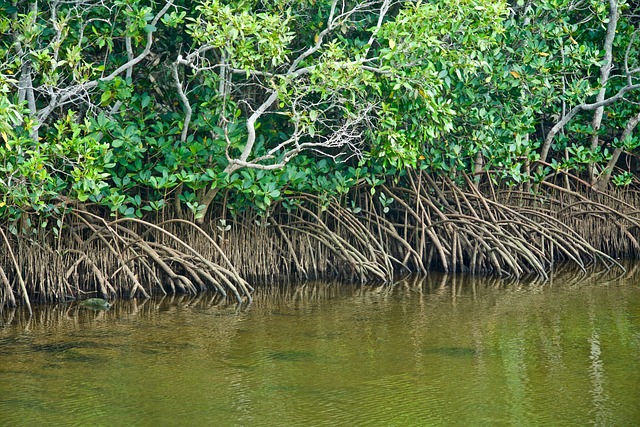
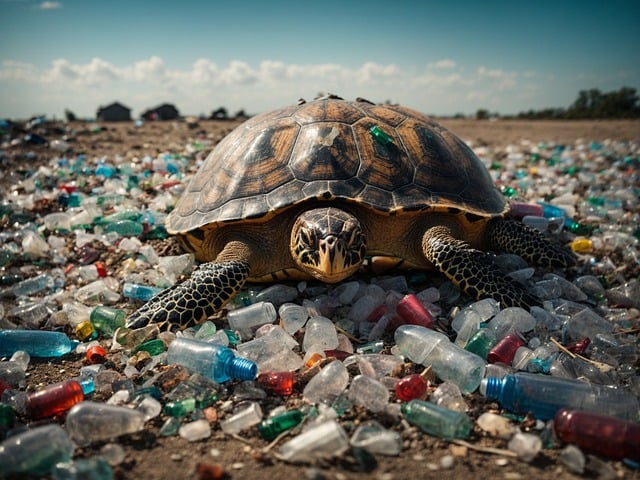
waste
Ocean waste stands as a significant environmental concern, notably impacting marine life and balance. The primary issue lies in the pollution of our oceans, leading to severe consequences for aquatic species. The accumulation of waste poses a serious threat, disrupting the delicate harmony of marine life.
overfishing
Overfishing presents a critical challenge to our oceans, with consequences that extend far beyond the depletion of fish populations. This issue not only jeopardizes marine biodiversity but also disrupts the delicate equilibrium of aquatic ecosystems. The excessive harvesting of fish poses a significant threat to the sustainability of marine life.
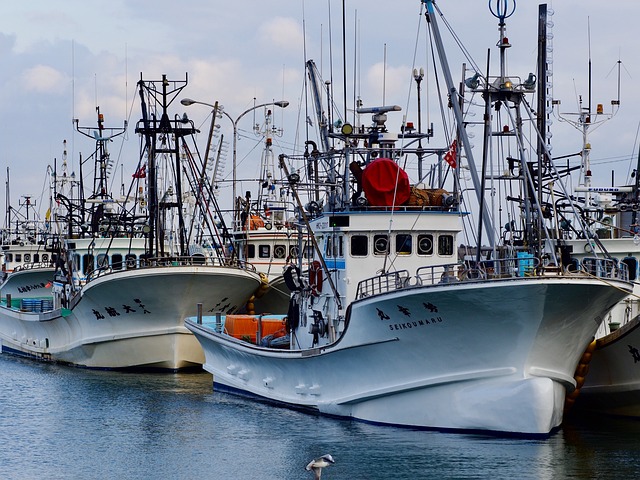
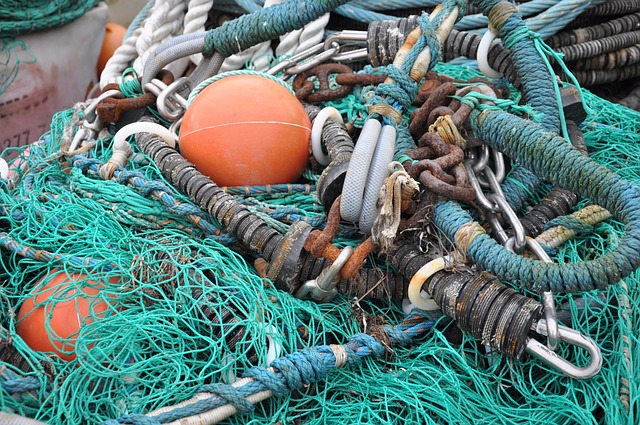
Abandoned fishing gear
Entanglement, ghost fishing, and the disruption of marine habitats. Discarded nets, lines, and traps not only entrap and harm marine species but also perpetuate environmental damage.
UNDERWATER noise
Underwater noise pollution, primarily from shipping activities, significantly affects communication, navigation, and the overall well-being of marine species. Often overlooked, this issue remains one of the least known challenges facing our oceans.
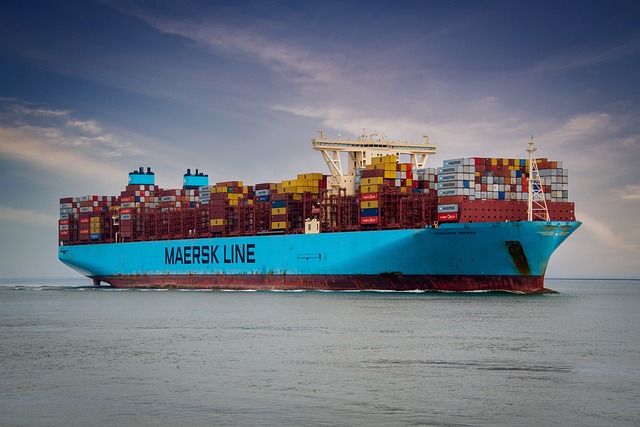
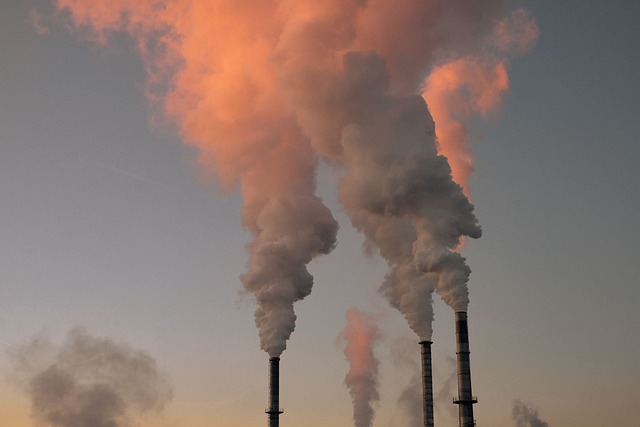
Emissions & Polution
Emissions and widespread pollution, generated by human activities, pose formidable threats to our environment. The release of pollutants into the air and water has far-reaching consequences, impacting air quality, aquatic ecosystems, and human health.
Man in the mirror
Let’s reflect on our own habits and identify areas where we can make positive changes in our daily actions for the benefit of nature. Small adjustments can initiate significant transformations.
- Think circular
- Minimize your waste
- Reuse and Recycle
- Change your diet
“Big things have small beginnings”
David, Prometheus, Alien Saga

